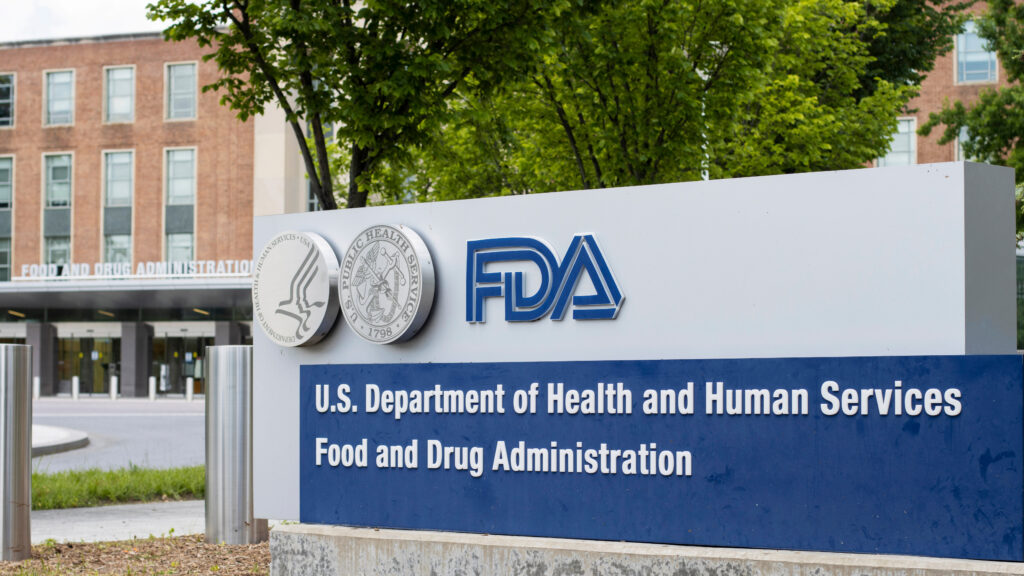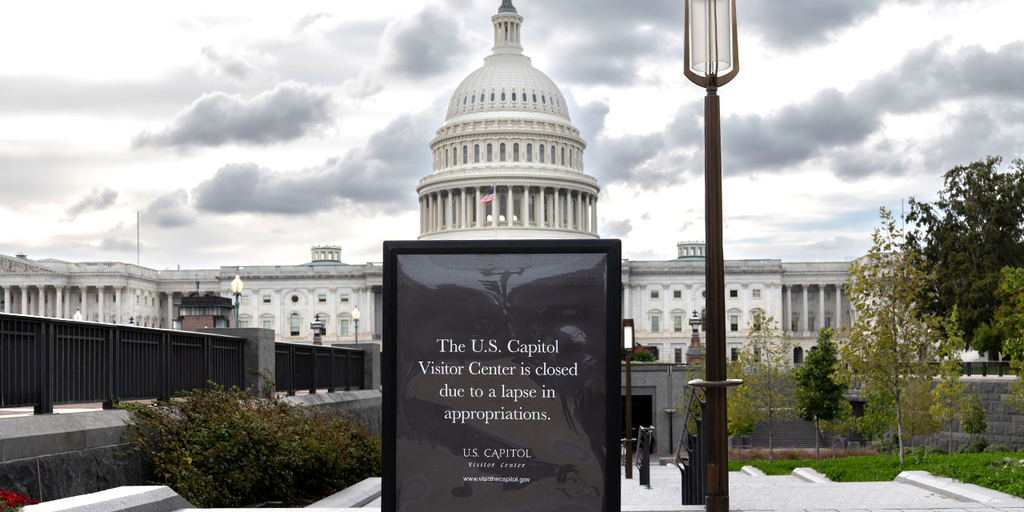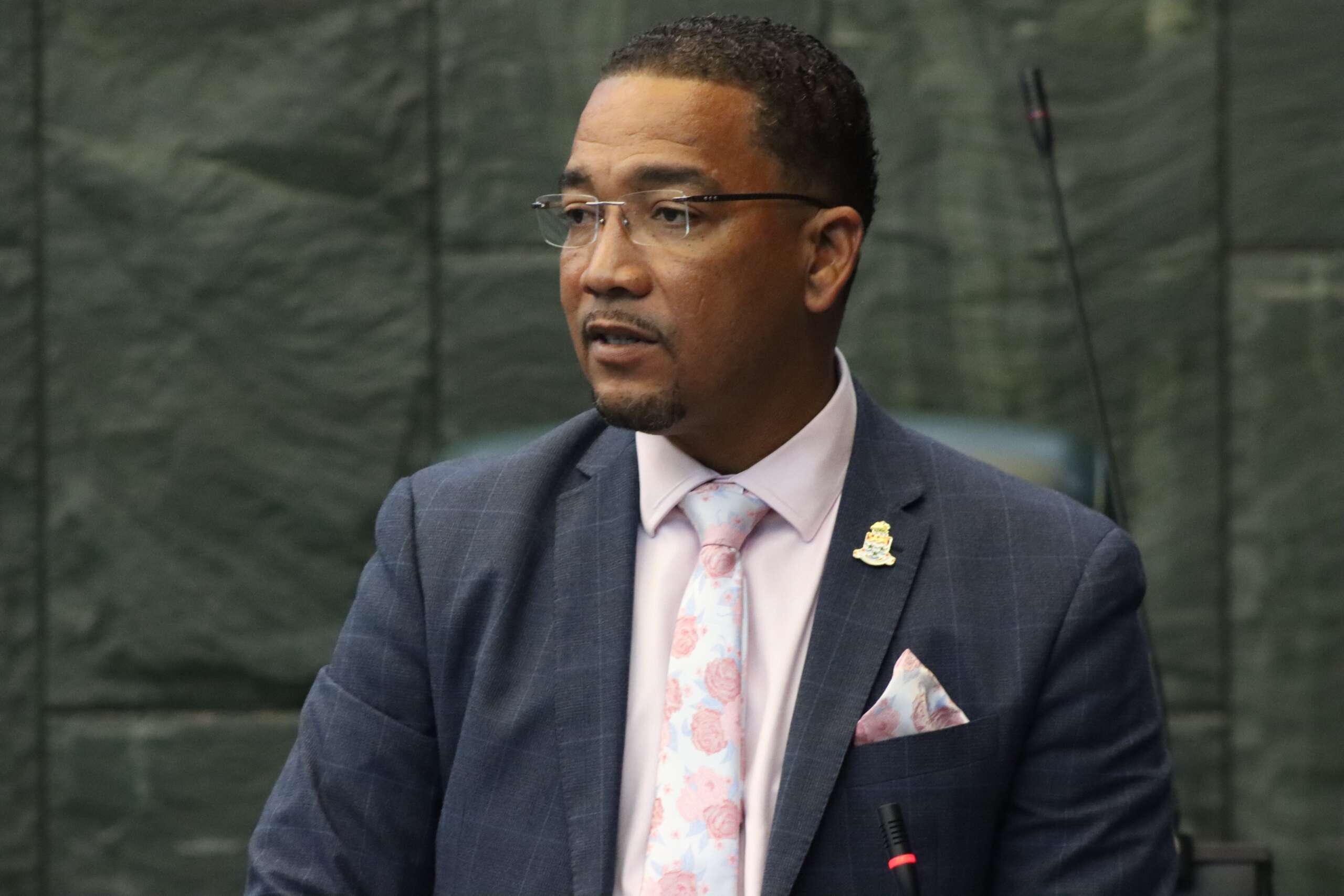Copyright STAT

Get your daily dose of health and medicine every weekday with STAT’s free newsletter Morning Rounds. Sign up here. Good morning. We’ve all got that one friend who is too invested in what color the Gatorade that’s dumped on the winning coach at the Super Bowl will be. Perhaps send them today’s First Opinion essay and see what they think. Advertisement FDA reverses a decades-old warning re: menopause The FDA announced yesterday that it had reversed a 2003 decision to put a stringent warning on hormone therapy products for menopausal women. The warning will be removed from products like a patch or pill where the hormones are absorbed throughout the body, as well as localized therapies like a topical cream or ring. Many physicians, as well as the American College of Obstetricians and Gynecologists, have long advocated for the “black box” warning to be removed from local hormone therapies in particular. But some people have expressed concerns about the way that the Trump administration went about making the change, while others worried about how the administration described the existing data. “[Makary’s] claim that hormones for menopause is the best way to improve the health of women sounds like a PR statement, not a scientific one,” Diana Zuckerman, who leads the nonprofit think tank the National Center for Health Research, told STAT after the announcement. Read more from me and my colleague Chelsea Cirruzzo on the details of the announcement and how experts reacted. Advertisement $1,000 That’s about how much money Medicare will soon pay for patients to have heart scans analyzed by AI. A handful of AI vendors offer algorithms that quantify and evaluate the volume of plaque in patients’ coronary arteries. Few cardiologists and radiologists make use of these services now, but as STAT’s Katie Palmer reports, that’s likely to change in 2026. Private insurance companies will start to cover the technology as Medicare sets a national payment rate of just over $1,000. Read more from Katie on the debate over how to value AI devices and what evidence there is that this sort of technology could reduce heart attacks. The fate of ACA subsidies is still TBD Affordable Care Act subsidies will remain front and center into December and possibly next year after a handful of Democratic senators voted to reopen the government without winning an extension of the enhanced tax credits the party had been pushing for. While there are a few more steps to take before the government officially reopens, as STAT’s John Wilkerson puts it, the most difficult part is over. Without the enhanced premium tax credits, set to expire at the end of this year, KFF estimates that enrollees will pay more than twice as much next year, up from an average of $888 in this year to $1,904 in 2026. In the latest deal, Senate Majority Leader John Thune (R-S.D.) agreed to allow a vote on a bill of Democrats’ choosing next month, around the time that enrollment for ACA plans ends. So the stakes are high as representatives enter a tense period of negotiations leading up to the vote. Read more analysis from John on where we go from here. Is sports betting a public health crisis? In a new First Opinion essay, Isaac Rose-Berman, a fellow at the American Institute for Boys and Men, says yes. He opens with this striking statistic: In 2018, when the Supreme Court struck down a federal ban on sports betting, Americans legally wagered less than $5 billion on sports annually. Last year, they bet $150 billion. It’s not that everyone’s developing gambling addictions. “Between casual betting and full addiction, however, lies a massive gray area where millions of Americans, particularly young men, now live,” Rose-Berman argues. Read more about the potential consequences of what the International Classification of Diseases calls “hazardous gambling.” Advertisement Food as medicine: Delivery method matters for people with heart failure When providing healthy food to heart failure patients coming home after hospital stays, how that food is provided matters. A trial based at two Texas hospitals, presented Monday at the American Heart Association meeting in New Orleans, divided 150 patients into three groups. All groups received dietary counseling, but one also got medically tailored meals. Another also got fresh produce boxes while the third received no food. Prepared meals or fresh produce translated into higher quality of life than counseling alone, surveys showed. People who cooked their own meals with fresh produce were more satisfied than those who ate prepared meals. “If we can identify the best strategy for providing access to healthy food, this could be transformative for people with heart failure who are particularly vulnerable after hospitalization,” study leader Ambarish Pandey of UT Southwestern Medical Center said. “I think healthy food can be as powerful as medications for people with chronic conditions like heart failure.” Scott Hummel, a cardiologist at the University of Michigan, noted the diversity of study participants: 42% were Black, 33% were Hispanic, and 23% were white. “Heart failure is really the quintessential diet-sensitive condition, so that’s a really important population to study here,” he said at a media briefing. For more on food as medicine from the AHA conference, here’s Monday’s story on more research. — Elizabeth Cooney Goodbye, measles-elimination status (again) As a region, the Americas first gained measles-free status in 2016, only to see that achievement lost two years later after a long-running outbreak in Venezuela. It regained measles-free status in 2024. But yesterday, that status slipped through our fingers again as Canada announced that it had formally lost its elimination status. The decision, which STAT’s Helen Branswell reports was widely expected, came after an expert committee concluded last week that a Canadian outbreak that began in October 2024, over a year ago, is ongoing. “This loss represents a setback of course. But it is also reversible,” said Jarbas Barbosa, the director of the Pan American Health Organization, which organized the committee. Read more from Helen on what it means, and how long it might take to re-gain elimination status. Advertisement What we’re reading



